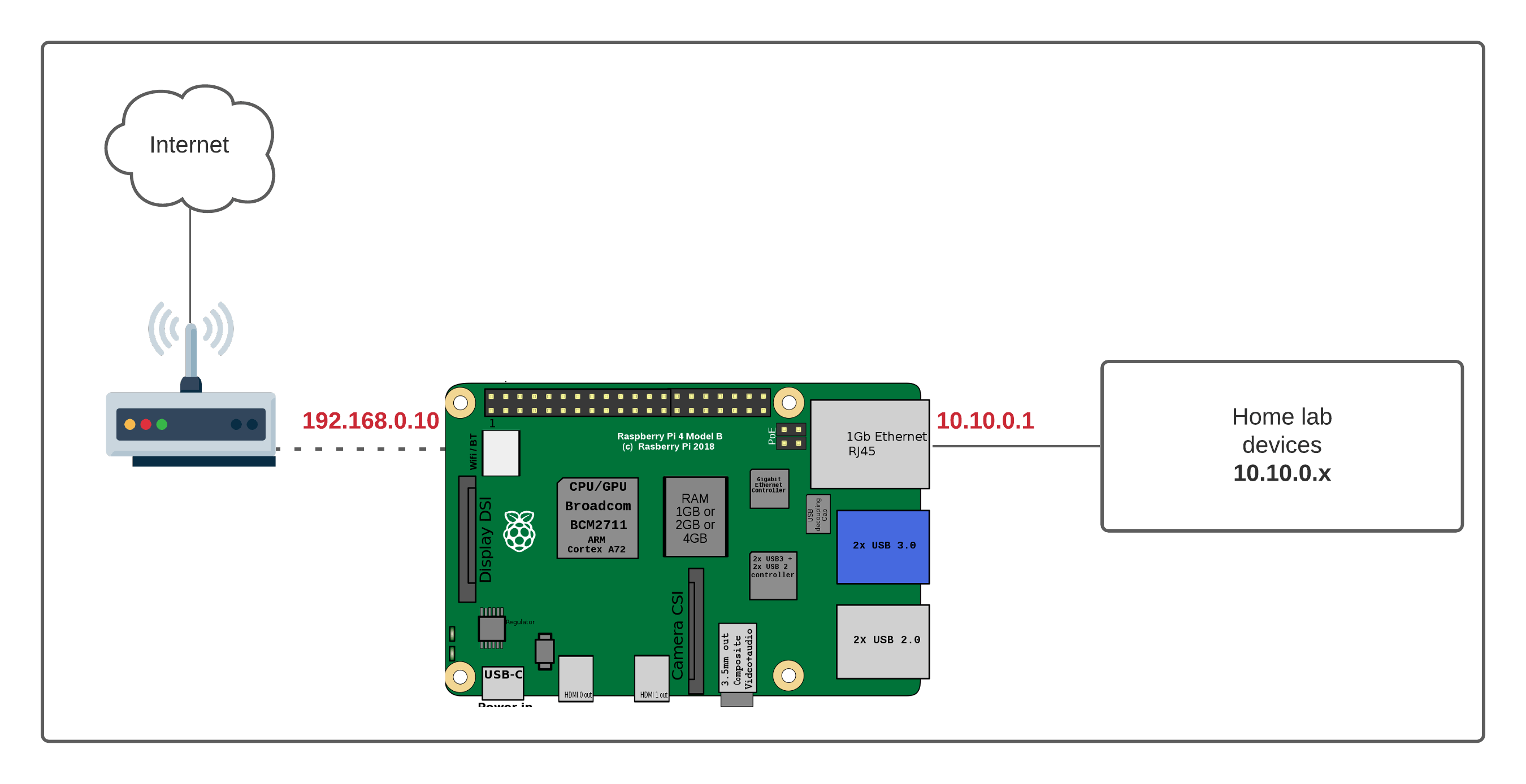In an increasingly connected world, the ability to seamlessly interact with devices from anywhere has become not just a convenience, but a necessity. Yet, for the burgeoning ecosystem of Internet of Things (IoT) devices, particularly those nestled behind the protective layers of a home or office router, achieving this omnipresent control without significant technical hurdles remains a persistent challenge. The quest for truly hassle-free remote accessespecially for cost-effective solutions like the Raspberry Pihas thus become a critical area of innovation and exploration for developers, hobbyists, and small businesses alike.
Editor's Note: Published on July 19, 2024. This article explores the facts and social context surrounding "best remoteiot behind router raspberry pi free a complete guide to hasslefree remote access".
The Emergence of Distributed Control and Connectivity Demands
The proliferation of IoT devices, from smart home sensors to industrial monitoring systems, has redefined the landscape of digital interaction. At the heart of many experimental and practical IoT deployments lies the Raspberry Pi, celebrated for its versatility, affordability, and extensive community support. However, its placement "behind a router" introduces a significant barrier to remote interaction. Network Address Translation (NAT) and firewalls, while essential for security, prevent direct inbound connections, making traditional remote access methods complex and often unreliable for non-experts. This infrastructural reality fuels the continuous search for methodologies that simplify the process, moving beyond manual port forwarding or expensive cloud solutions to genuinely enable hassle-free connectivity.
"The true power of IoT is unlocked not just by device intelligence, but by its accessibility. If accessing your devices feels like navigating a labyrinth, the promise of smart living or efficient operations remains largely unfulfilled," observed a leading cybersecurity consultant on the challenges of IoT deployment.
Innovating Beyond Traditional Network Barriers
Overcoming the "behind the router" dilemma requires strategic approaches that circumvent direct inbound connection restrictions. Several open-source and freemium solutions have gained traction, offering pathways to remote access without necessitating changes to router configurations or exposing devices directly to the internet. Techniques like reverse SSH tunnels, VPNs (Virtual Private Networks), and specialized peer-to-peer networking services have become cornerstones in this pursuit. Projects such as ZeroTier, Tailscale, and Ngrok provide secure, encrypted tunnels, allowing a Raspberry Pi to establish an outbound connection to a cloud-based relay server, making it accessible from other authorized devices regardless of its local network topology. This paradigm shift prioritizes outbound-initiated connections, transforming the security challenge into an architectural opportunity.

